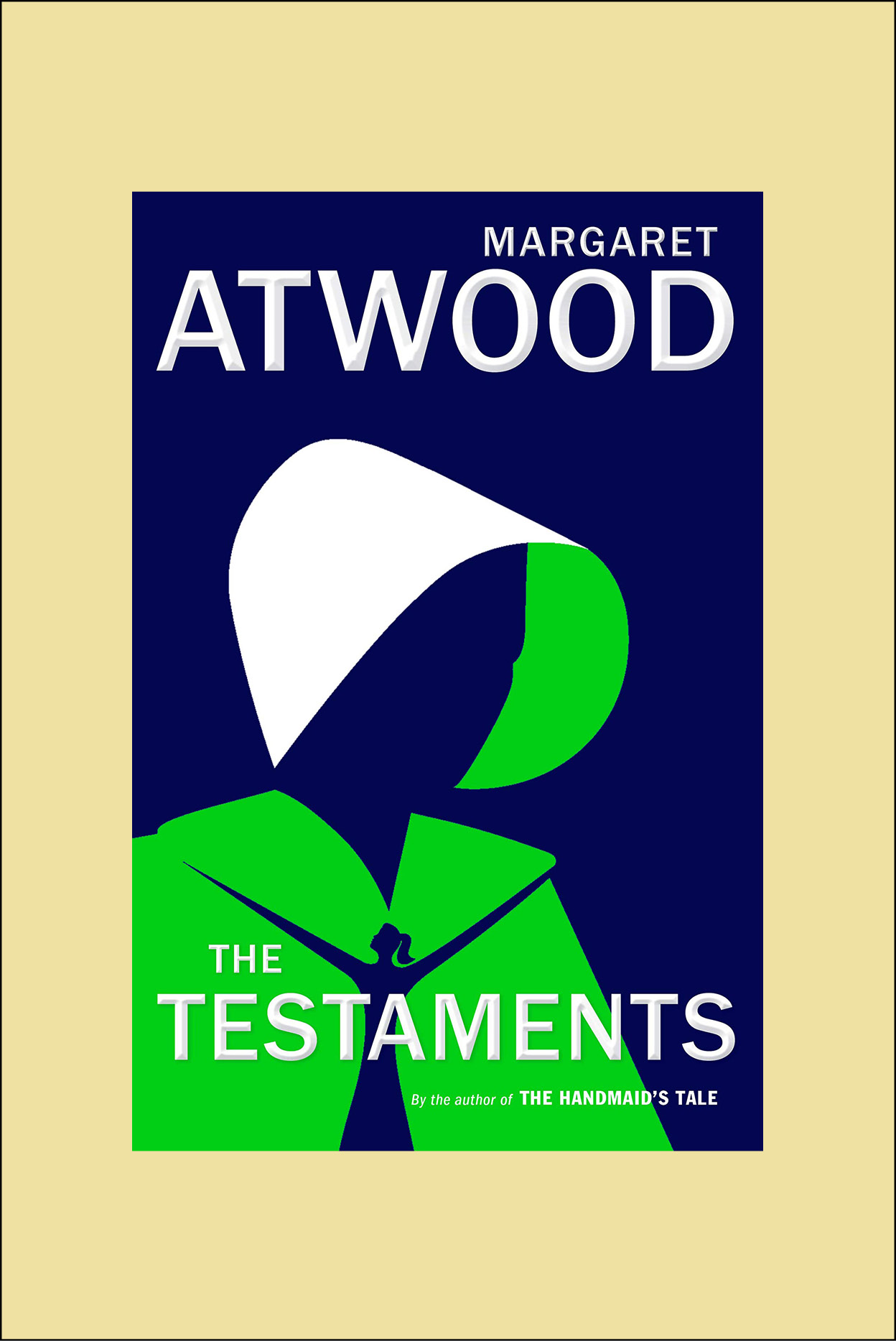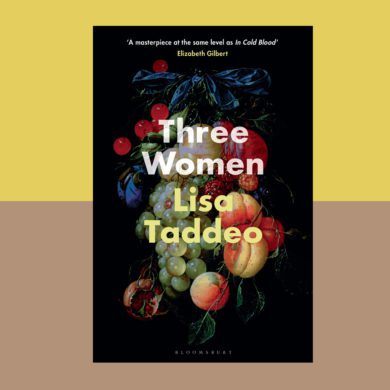It’s no understatement to call The Testaments the most anticipated book of the year, perhaps even the decade.
Not since Harry Potter have we seen such fervour. The book—a follow up to The Handmaid’s Tale (1985)—has been so eagerly awaited that its publishers were targeted by cyber-hackers in an attempt to preview the manuscript. The 2019 Booker Prize committee was granted early access, but only on the condition that they signed a “ferocious” non-disclosure agreement, commanding them to make no public statement other than “it’s terrifying and exhilarating”.
Why? Ever since HBO transformed The Handmaid’s Tale from cult classic into international pop-culture phenomenon, all eyes and ears have been trained on Margaret Atwood.
And, finally, she has delivered.
The Testaments begins 15 years after Offred’s final scene in The Handmaid’s Tale, after her apparent escape from her Gilead household. This places the action well beyond the timeline of seasons two and three of the television series, so fans need not worry about continuity problems.

The Gilead of The Testaments is no longer a burgeoning state, finding its feet. Now, an entire generation of children raised under its strict established regime, with no memory of the old world, are coming of age.
The story is structured within the archived testimony of three female narrators. Aunt Lydia – recognisable to fans of both the series and the original novel – keeps a diary, out of view of the surveillance cameras. In it, she details her history, her ascendancy through the Gilead regime, and her actions as the story progresses. Then, two new characters emerge with their own testimonies: Agnes, a teenager who grew up in Gilead, educated by the Aunts; and Daisy, raised outside Gilead by atheists.
All three protagonists are both sympathetic and ambiguous, simultaneously victims of the system and privileged by it. The contrast between the wide-eyed idealism of the two young women, and the experienced cunning of Aunt Lydia, is stark. These different perspectives allow Atwood to fully flesh-out the world of Gilead, far more so than the limited perspective of a single handmaid.
Atwood gently weaves in a number of contemporary issues – climate change, world trade, refugees – but always stays true to her maxim: nothing in this future dystopia hasn’t already happened somewhere in the real world.
She interrogates questions of complicity throughout: what individual responsibility do we have within unjust systems? What happens to the women who internalise patriarchal values? What happens to the women who don’t?
If this sounds too conceptual and obscure, never fear: The Testaments is a plot-driven novel with a strong narrative arc that will propel you to the final page.
Atwood’s creation, the world of Gilead, is chillingly timeless, and outside the pages of her books, it is taking on startling new resonance with each passing year. Today, her handmaids’ distinctive red robes and white wings have become renewed symbols of resistance in the era of Trumpian misogyny.
The rolling back of women’s rights – especially reproductive rights – in the US was, in large part, Atwood’s inspiration to continue the story. She has said that there was “no way” she could write a continuation in the narrative voice of Offred, so in The Testaments she offers us something different, and (dare I say it) something better. This is compelling and masterful storytelling above and beyond its resonance with our current political climate.
The Testaments is, indeed, terrifying and exhilarating, but also hopeful. It is a deeply satisfying and engrossing book, a must-read (and must-re-read) celebration of resistance.
The Testaments by Margaret Atwood is available to buy here














No Comments